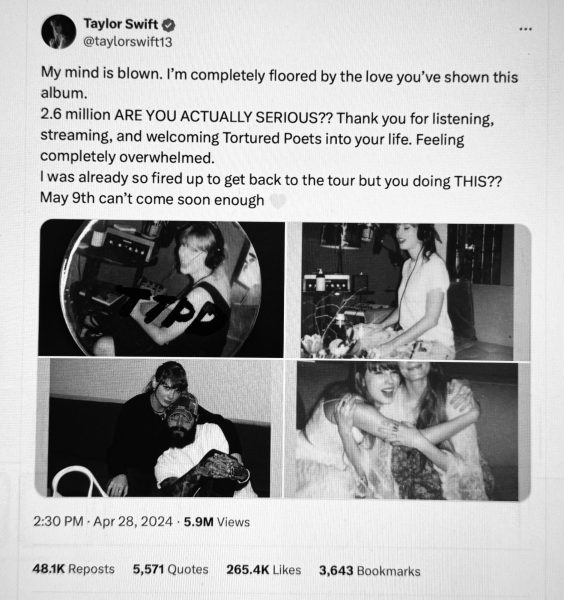Simple hack or sex crime?
Released nude celebrity photos are fundamentally abusive
Because I am 21 years old and because I exist, I spend a certain (not to be divulged) amount of time on the Internet. I can say with absolute confidence that this is an inclination I share with what I’m sure is most of campus. The Internet is a gorgeous thing, in many ways — Netflix is what fuels my soul during the school year, with coffee and food both trailing behind distantly, weeping.
In many other ways, however, the Internet is a festering pit. Harassment, blatant racism, homophobia, misogyny and a pervading sense of rage are standard operating procedure for the many cowards who find an uninhibited platform for their appalling lack of decency in the relative comfort and freedom of their own (intact and unblemished) privacy.
The Internet calls these people “trolls” — a fitting term, because I am sure that in a past life they spent their time lurking under bridges making people miserable. The luxury they have in their anonymity is not a courtesy they’re willing to extend to others, as evidenced by this weekend’s hacked breach of iCloud (Apple’s cloud storage and computing space) and the subsequent release of a bevy of personal pictures belonging to celebrities like Kate Upton, Kirsten Dunst and Jennifer Lawrence.
The release of these photos (initially released on 4chan, but they eventually made headway through Reddit, Twitter, and tumblr) is troubling for a number of reasons, none of them having to do with the fact the photos themselves existed. What is of greater concern is why they were initially released and how they continue to be proliferated online.
This is a direct attack on the bodily autonomy of every woman involved. There were a few men in the pictures, but their bodies are only secondary concerns. This is not to excuse their presence in the photos, of course; their privacy has been boorishly invaded as well. But their bodies are not the reason these photos were leaked — they were leaked because famous women were naked in them, first and foremost.
Because the photos have been made public, Jennifer Lawrence’s body is no longer her own; she has also been violated through no fault of her own. She, along with possibly hundreds of other female artists and musicians, has been emotionally and physically compromised by the actions of a nameless individual who cares nothing for her existence as a human being. Her humiliation and vulnerability serve only as a way to measure some absurd, perverse concept of accomplishment for individuals who feel that they have an implicit, unmitigated right to her private life and to her body.
Regardless of whatever your views on such matters are, individuals have a right to take private pictures of themselves in any stage of undress. They may also have a perfectly reasonable expectation that these photos will not be shared without their consent. In this case, they may also hold the absolutely justifiableexpectation that their private affairs, which they had absolutely no intention of sharing, will not be illegally accessed and the contents distributed. They didn’t bring this upon themselves; they were the victim of crime.
As voracious consumers of online content, we are inundated with “clickbait” — material that will make us click, make us read and most importantly make us look. The illegal release of these photos is nothing more than an advertised ruse.
Calling this “clickbait,” however, detracts from what it actually is: a crime, one that is absolutely sexual in nature and one that reminds women that even the small parts of our lives we consider protected are no longer private.
It is important, then, to shake your default, to recognize that what you do online also has far-reaching, less-than-trifling effects on other people. When you click on a picture of Jennifer Lawrence (or any number of the leaked photos), you are contributing to her abuse. You are effectively saying “I don’t actually have enough respect for people not to further their exploitation and degradation. In fact, I am going to click this and sanction it.”
So, should the opportunity present itself, the best thing to do is nothing. Don’t click, don’t look, don’t contribute. These women have not consented to your looking at them, so don’t violate them further. Netflix beckons, as does “Bob’s Burgers” and seven glorious seasons of “30 Rock.” Look at what was created to be watched, and let these women have some peace in a situation that will color their careers and their ability to feel safe for the rest of their lives.
Maggie O”Leary is the Multimedia Editor of The Dakota Student. She can be reached at [email protected].












